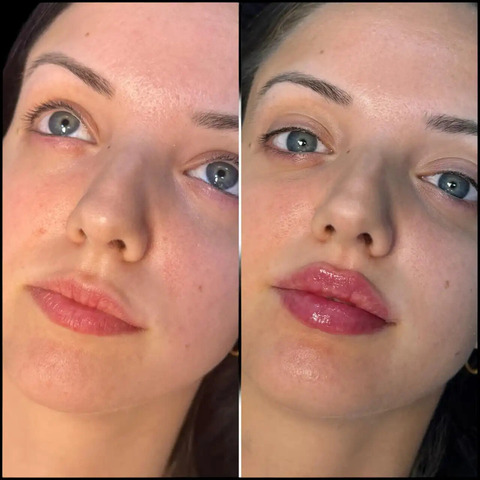Voice assistants are becoming more common in homes and workplaces—but do they belong in a dental operatory? With their convenience, it’s tempting to use devices like Alexa or Siri to set reminders, access schedules, or even play music. But dental professionals must be cautious. The use of these devices raises serious concerns about HIPAA for dental offices, especially when they may overhear protected health information (PHI).
In a dental clinic, patient privacy is not optional—it’s required by law. If a voice assistant is connected to the internet and always listening, it could unintentionally record patient conversations. This creates risk for data breaches and non-compliance with privacy regulations.
What is HIPAA and Why It Matters in Dentistry?
HIPAA, the Health Insurance Portability and Accountability Act, sets rules for protecting patient information. Dental offices are required to follow these guidelines to ensure sensitive data stays secure.
Key requirements under dental HIPAA compliance include:
- Only authorized access to PHI
- Secure storage and sharing of records
- Training for staff on privacy protocols
- Risk analysis and safeguards for digital tools
Introducing a smart device into the operatory without safeguards may violate these standards.
How Voice Assistants Work—and Their Risks
Voice assistants like Alexa, Siri, and Google Assistant use voice recognition to respond to commands. These devices constantly listen for a “wake word” and then process your request via cloud servers. Even when not actively in use, they may still capture fragments of nearby conversations.
Risks of using these devices in a dental setting:
- Accidental recording of PHI
- Storage of patient info on third-party servers
- Lack of encryption or data protection controls
- Potential hacking or data leaks
These devices are not designed with healthcare privacy standards in mind, making them unsuitable without proper safeguards.
Can Voice Assistants Ever Be Safe in the Dental Office?
While traditional voice assistants are not HIPAA for dental offices compliant, there are some emerging solutions:
- Use of HIPAA-compliant software integrations
- Devices with local processing (no cloud storage)
- Configurable privacy settings and access control
- Secure, encrypted networks with role-based access
However, these require proper vetting and technical setup. Dental practices should consult IT professionals before implementing any voice-controlled technology in operatories.
Best Practices for Protecting Patient Data
If your dental office is considering any smart technology, follow these tips:
- Disable voice assistants in clinical areas
- Use devices with local-only voice processing
- Implement strict access controls and encryption
- Conduct regular HIPAA risk assessments
- Train staff on how to handle PHI around technology
By staying informed and proactive, your team can balance innovation with compliance.
Conclusion
Dental practices must prioritize patient privacy in every aspect of care, including the technology they use. While voice assistants offer convenience, they also pose risks that can’t be ignored. Always evaluate your tech tools with compliance in mind. For expert guidance and secure dental IT support, trust DNTLIT—your dedicated partner in dental HIPAA compliance and digital safety.
FAQs
Can Alexa or Siri be HIPAA-compliant?
No, standard versions of Alexa or Siri are not HIPAA-compliant. They are not designed to securely handle patient health information.
What happens if PHI is accidentally recorded?
This could lead to a HIPAA violation, legal penalties, and loss of patient trust.
Are there voice assistants built for healthcare?
Yes, but they are custom-built solutions with HIPAA-compliant safeguards. These are different from general consumer devices.
Should dental offices avoid voice assistants entirely?
Unless the device is verified as HIPAA-compliant, it’s best to avoid using it in clinical areas where PHI may be discussed.



